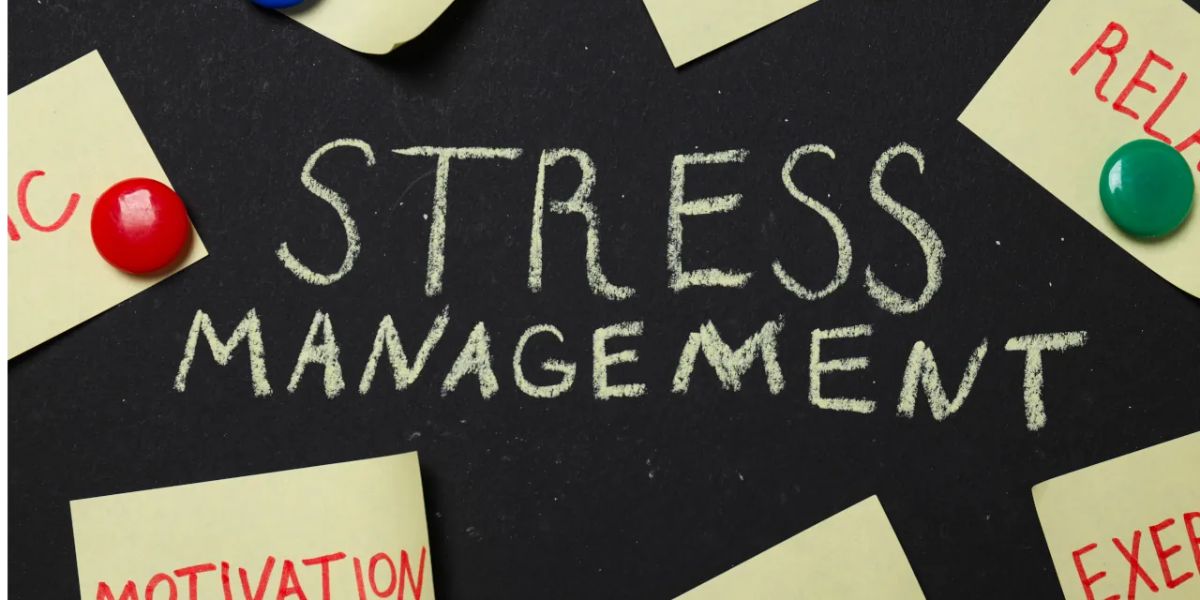Caring for a loved one—whether it’s an aging parent, a child with special needs, or a family member recovering from illness—can be one of the most rewarding yet emotionally demanding roles a person can take on. In Madison County, where many families are stepping up to support loved ones at home, the mental health of caregivers has become a growing community concern. Supporting those who give care is just as essential as supporting those who receive it.
Understanding the Emotional Toll on Caregivers
Caregiving often comes with a heavy emotional load. Family caregivers in Madison County report feeling overwhelmed, isolated, or anxious, especially when balancing work, children, and household responsibilities. Long-term caregiving can lead to burnout—marked by exhaustion, irritability, and feelings of helplessness.
Table of Contents
According to the Family Caregiver Alliance, nearly 60% of caregivers experience symptoms of depression or anxiety. In Madison County, local clinics and behavioral health providers are seeing similar trends among caregivers managing chronic conditions such as dementia, addiction recovery, and physical disabilities within their households.
“Caregivers are the backbone of our healthcare system,” says Daniel Harris, a family nurse practitioner in Madison County. “But without proper support, their own health can suffer, making it harder to continue the care they want to provide.”
Accessing Mental Health Resources in Madison County
Fortunately, several organizations in Madison County are expanding their services to include caregiver-focused programs. These initiatives aim to offer practical tools, emotional support, and counseling designed for families providing long-term care.
- Madison County Community Health Centers now integrate mental health check-ins during primary care visits, ensuring caregivers are screened for stress, anxiety, and depression.
- Behavioral health agencies offer group therapy sessions and peer support circles where caregivers can share experiences in a safe and understanding environment.
- Local churches and community groups are launching volunteer respite programs, providing temporary relief for caregivers who need a break from daily responsibilities.
These resources help ensure that caregivers don’t have to face the emotional burden alone.
Mindfulness and Self-Care Practices for Caregivers
Self-care is not selfish—it’s survival. For caregivers, developing simple daily habits can significantly reduce stress and improve mental well-being. Here are a few evidence-based strategies:
- Mindfulness Exercises: Even five minutes of deep breathing or guided meditation can help reset emotional balance. Free local workshops in Anderson and Elwood often teach these techniques.
- Physical Activity: Gentle exercise like walking, yoga, or stretching supports both body and mind. Several Madison County parks now host community fitness sessions tailored to caregivers.
- Sleep and Nutrition: Maintaining consistent rest and healthy meals might sound basic, but they’re often neglected during caregiving. Setting alarms for meal breaks and bedtime can help maintain structure.
- Social Connection: Regularly talking with friends, family, or a counselor can reduce feelings of isolation.
These simple, consistent practices help caregivers sustain their emotional energy and continue offering quality care.
The Role of Family Programs in Strengthening Caregiver Resilience
Local family programs in Madison County, such as those developed by licensed clinical social worker Maya Collins, focus on teaching families how to share caregiving responsibilities and create healthier home dynamics. By promoting open communication, clear role distribution, and stress management, these programs reduce emotional strain on primary caregivers.
Workshops often include sessions on:
- Setting boundaries and asking for help
- Managing caregiver guilt
- Recognizing signs of compassion fatigue
- Building stronger family support networks
These programs have shown measurable improvements in caregivers’ mental health, reducing reported stress levels and increasing family cooperation.
When to Seek Professional Help
Sometimes, despite best efforts, caregivers may feel their mental health declining. Warning signs include persistent sadness, fatigue, irritability, or withdrawal from social activities. If these symptoms last more than two weeks, it’s crucial to reach out for professional support.
In Madison County, residents can contact:
- Madison County Behavioral Health Services for counseling and therapy
- 2-1-1 Indiana for a 24-hour helpline connecting families to mental health resources
- Local primary care providers for integrated behavioral health referrals
No caregiver should wait until crisis hits—early intervention makes a tremendous difference.
Building a Culture of Support in Madison County
Community-wide awareness and compassion can go a long way. Employers can offer flexible work schedules for caregivers, schools can educate children about family mental health, and neighbors can simply check in more often. When the entire community supports those who provide care, everyone benefits.
Madison County’s health programs are leading the way in fostering that supportive environment. As these efforts grow, the hope is that every caregiver in the county will have access to the mental health tools, education, and resources needed to thrive.
Conclusion
Supporting caregivers is not just a matter of compassion—it’s a public health priority. By providing the right tools and emotional resources, Madison County can ensure its families remain healthy, resilient, and connected. Caregiving may be challenging, but with community backing, no one has to do it alone.
What do you think about the mental health support available for caregivers in Madison County? Share your thoughts and stories with us at mcchc.org.













